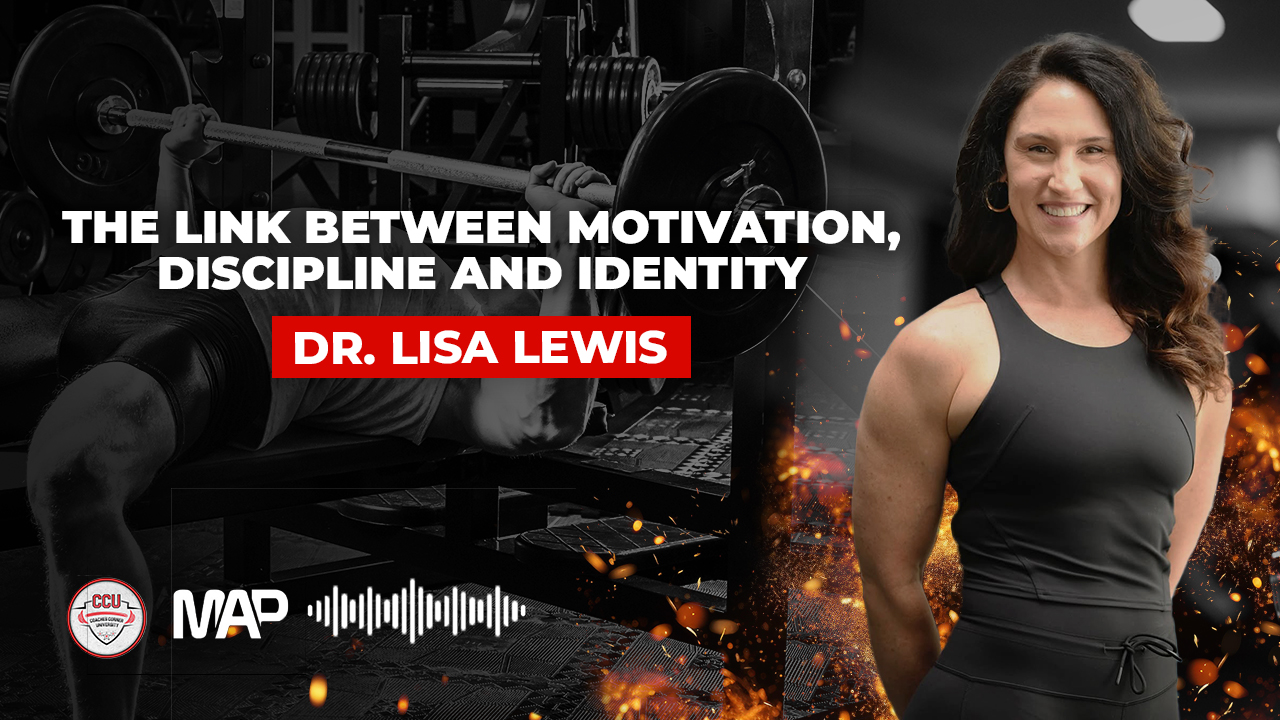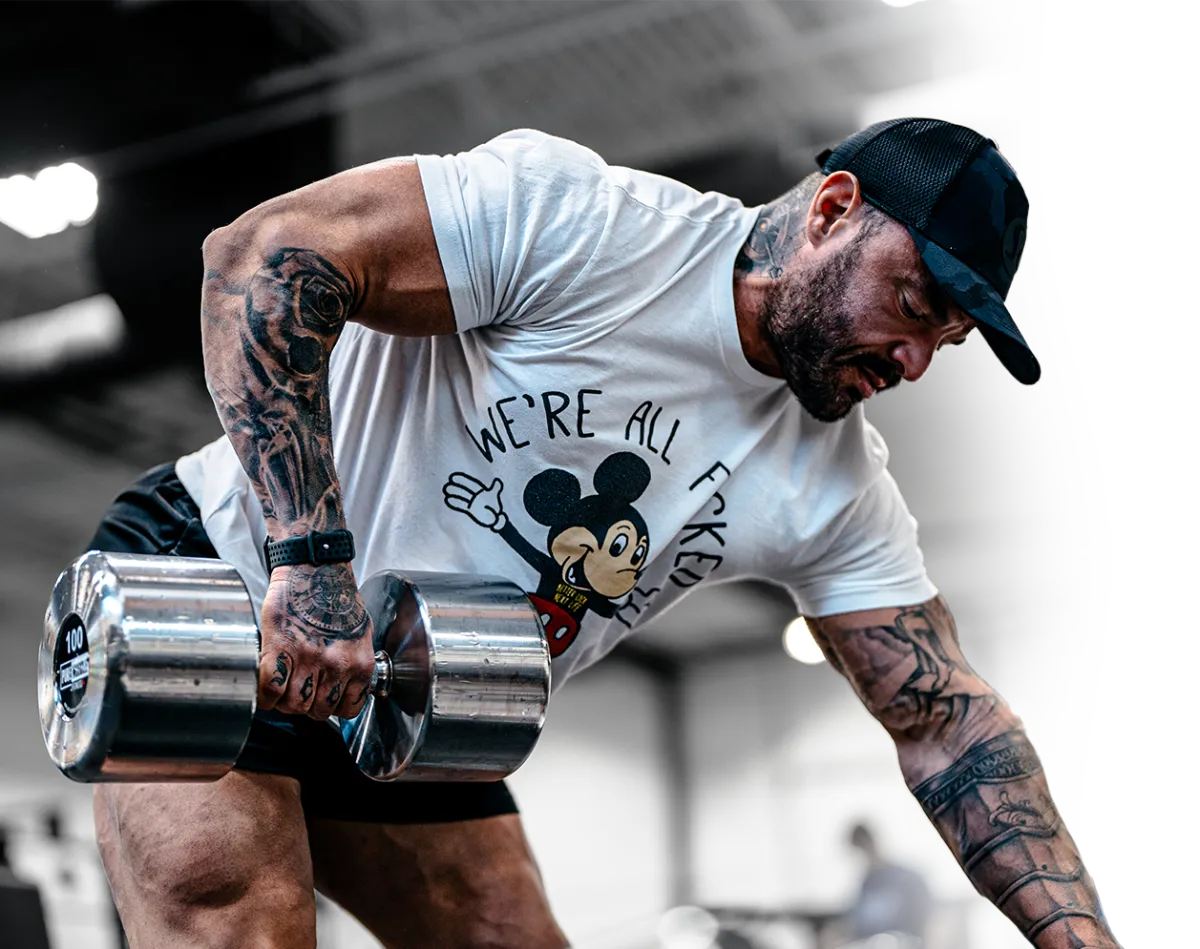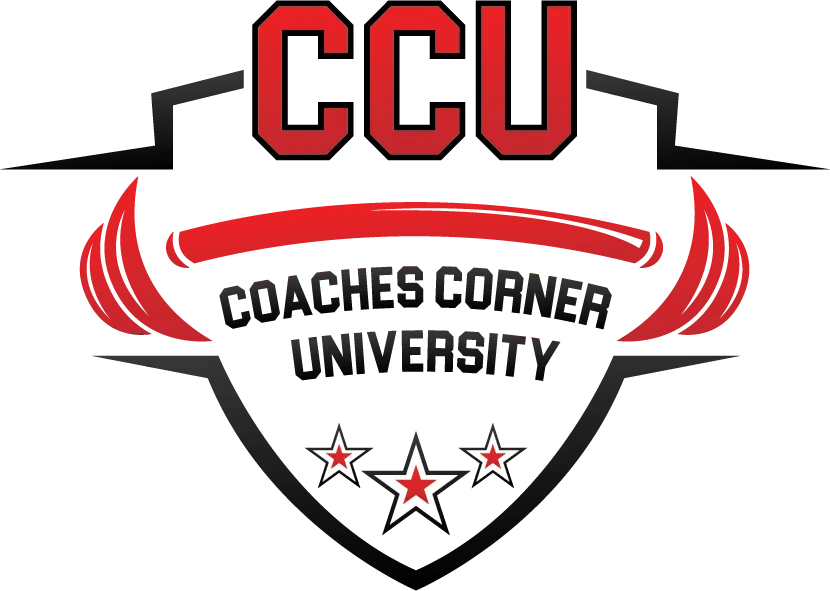Discover The Latest Blogs
Stay updated with Our Informative Blog Posts

CCU Podcast - The Link Between Motivation, Discipline and Identit with Dr. Lisa Lewis
The Link Between Motivation, Discipline and Identity
Podcast
In this episode, I welcome back Dr. Lisa Lewis to the podcast to discuss the link between motivation, discipline and identity.
Dr. Lisa Lewis is a licensed psychologist and certified addictions counsellor with a passion for fitness and wellness. She holds a master’s degree in clinical counselling psychology and a doctorate in counselling and sport psychology. She owns and operates Dr. Lewis Consulting & Psychotherapy, LLC, in Brookline, Massachusetts and online.
Dr. Lewis is also the co-owner of Core Collective Brookline, a holistic gym and wellness center. As an educator, Lisa provides consultation and continuing education for nutrition, fitness, and wellness companies. She works individually with athletes, high-achieving executives, and fitness enthusiasts, providing both traditional psychotherapy and performance consultation. She also offers professional development and continuing education for coaches and fitness professionals, and regularly presents on topics such as motivation, mental health, exercise, and behaviour change.
I used to think discipline was the answer to everything. Train harder, eat cleaner, track more religiously. But after sitting down with Dr. Lisa Lewis for the second time on the Coach's Corner University podcast, I realized I've been thinking about this all wrong. The coaches who actually help people transform aren't just programming ninjas—they understand the psychology behind why people do what they do. And if you're still thinking your X's and O's knowledge is what's holding you back from better client results, this conversation is going to challenge everything you believe about coaching.
10 Key Takeaways from The Link Between Motivation, Discipline and Identity
1. Integrated Regulation Is the Money Maker
Lisa broke down motivation into different fuel types, and here's what matters: the highest quality sustainable motivation isn't intrinsic (doing it for joy). It's an integrated regulation—when behaviours become integral to who someone is as a person. When I train five times a week or eat five meals a day, I'm not using discipline. It's just who I am. That's the difference between a client who white-knuckles through a diet and one who identifies as someone who takes care of their body.
2. Self-Efficacy Is Task-Specific and Built Through Repetitions
Lisa confirmed that self-efficacy is very specific—it's confidence in being able to run or lift, not general confidence. To accumulate a data set that builds this confidence, you need repetitions. Coaches foster self-efficacy by providing informational feedback and reflecting on clients' progress. "This week, you covered that much distance. Look, you did a little more weight, a little more reps." You're showing them they have more competency, more ability, more strength—and that reflection helps build their confidence in their capability.
3. Identity Formation Takes Repetitions, Not Weeks
Everyone wants to know: how long does it take for a habit to stick? Lisa's answer: There's no magic number, but you need a lot of practice. She compared it to learning piano—miserable at first, but after years of reps, you love it because you've developed an identity around it.Stop selling six-week transformations. Start building long-term identity shifts.
4. The Three Psychological Needs: Autonomy, Competency, and Relatedness
Think of these like macros. Autonomy (feeling like you're driving your own ship) is protein—everyone needs it. Competency (learning, growing, building self-efficacy) is fats—essential for health. Relatedness (community, connection) is carbs—some people need a lot, others can take it or leave it. Your type-A professional clients probably don't want a Facebook group. Your community-oriented clients thrive in one.
5. You're Not Going to Motivate Anyone
Here's what new coaches don't understand: clients who say "I need you to motivate me" are already brimming with motivation. They're frustrated, they want change, they have a full tank of fuel. The problem isn't motivation—it's that they can't translate that energy into consistent action. Your job is to help them access that energy and give it force and direction.
6. Motivational Interviewing Isn't Optional
Lisa's most direct piece of advice: get training in motivational interviewing. You're not an authority who enters a relationship and disseminates what to eat and how to train. That's programming, not coaching. The art form is in the dance, helping people develop goals they can be effective with. If you try to coach without these skills, you're going to get frustrated and not retain clients.
7. Competing Demands Are Part of the Ecosystem
Lisa explained that people have a lot of balls in the air—kids, stressful jobs, medical issues, and caring for elderly parents. Life is full, and people are juggling priorities simultaneously. When they get stressed or overwhelmed, priorities shift: a caloric deficit might go down the drain because food is also comfort and stress-relieving. Exercise time might disappear because that's time they could spend with a loved one or finish a presentation they're anxious about. The competing demands are just part of the ecosystem coaches have to roll with. She also noted that a lot of mental health is about agency—having it and exercising it in the world—and people really struggle with that.
8. Modelling Matters, But Communication Matters More
Being the product of your product creates powerful modelling effects. People hire you because they want what you have. But here's the double-edged sword: some clients feel pressured to live up to your standards when they're not there yet. This is where communication and the relationship come in. You might not recommend that they do what you did. You almost destroyed yourself getting there.
9. Create Friendly Invitations, Don't Force Situations
Lisa teaches spinning and tells her class, "You can sit on your bike and do jack shit for the next 40 minutes. That is totally up to you. I'm just up here sending friendly suggestions." Most people kick their own ass because the moment is there. You create the setting, they step into it. That's agency. That's where real change happens.
10. Curiosity Is a Positive, Open Mindset That Facilitates Growth
Lisa identified that a curious, open mindset really facilitates growth. She contrasted it with the obligation mindset: instead of "shit, I have to do this many more," curiosity asks, "I wonder." That difference between "I have to" versus "I wonder" is what separates grinding through something from exploring your capacity. The curious, open approach creates space for people to discover what they're capable of rather than feeling forced into it.
The Real Work Begins Between the Ears
The coaches who actually change lives understand this: the real transformation doesn't happen with a barbell. It happens between someone's ears. You can have the perfect program, the most dialled-in macros, and the best exercise selection in the world—but if you don't understand human psychology, you're just programming. And there are plenty of apps and AI systems that can do that for free. People come to you for the care you can give as a human being and the nuance of being in relationship with them. That's the moat. That's what makes you irreplaceable.
Find Dr. Lewis
Website:www.drlewisconsulting.com
Courses:www.psychskillsforfitpros.com
IG: @drlewisconsulting
Find the Podcast

Coaches Corner PhD




